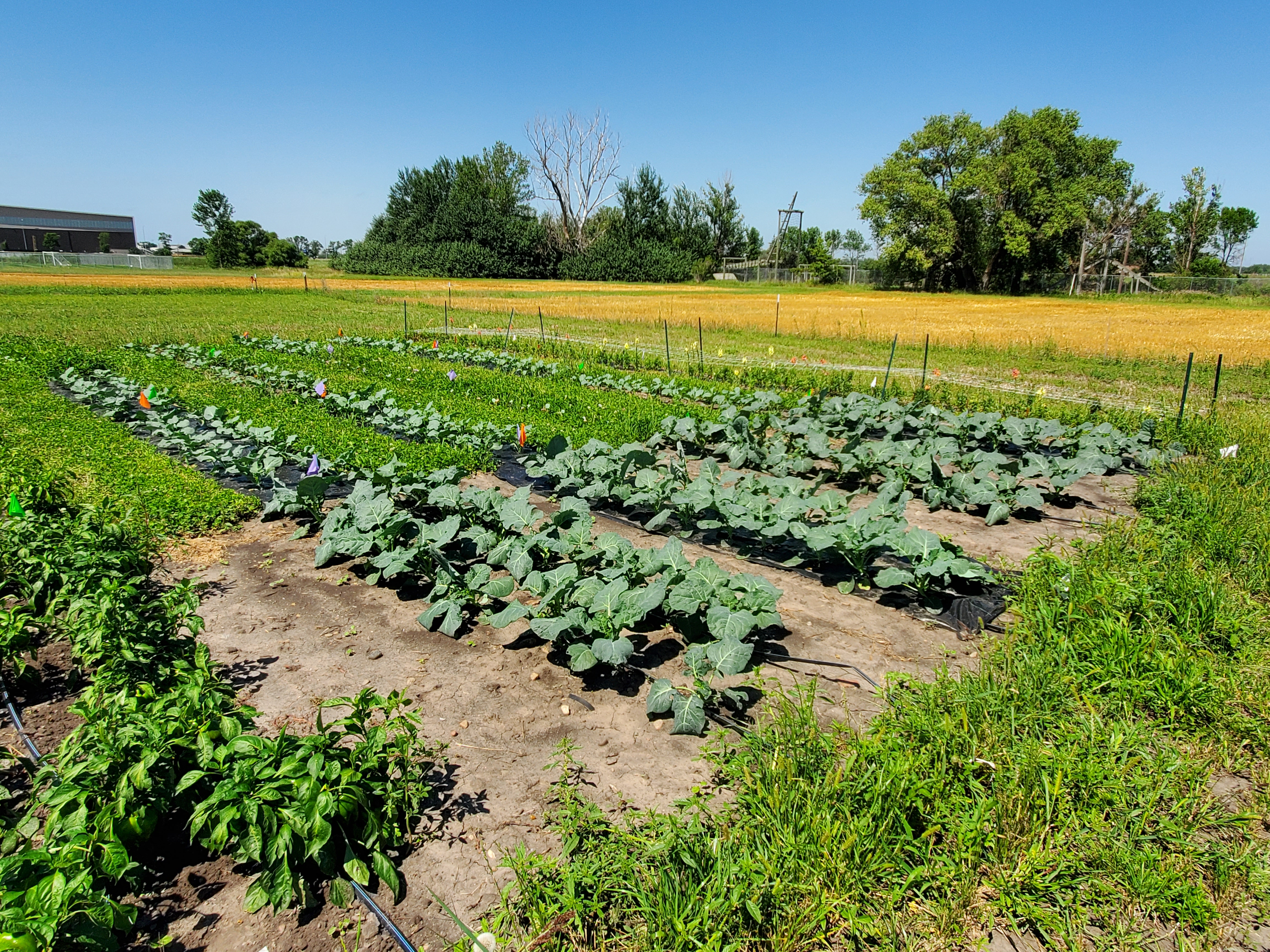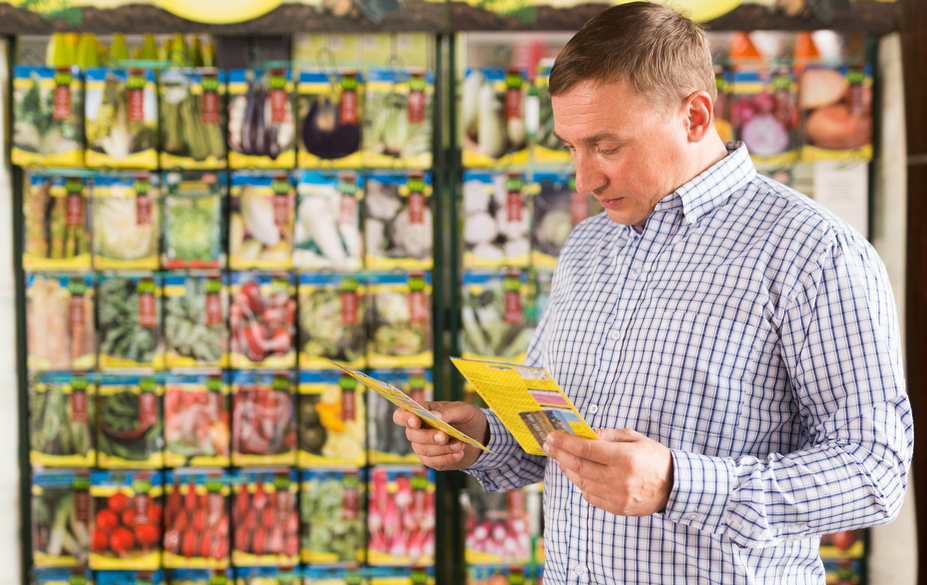Written by Geoffrey Njue, former SDSU Extension Specialty Crops Field Specialist.
Direct marketing is beneficial to both growers and consumers. Growers increase their profits because they capture the retail price that consumers pay other markets. Consumers on the other hand buy high-quality fresh produce directly from producers at competitive prices. Direct marketing also provides social settings for producers to socialize with consumers. Producers have the opportunity to talk with customers to promote their products which may result in repeat sales. Consumers have the opportunity to visit a local farm or to learn from a local producer how their food is produced.
Although direct marketing provides higher prices, the time required to operate a direct market may take away from production activities. Growers should therefore consider the amount of additional time and effort required to operate a direct market. It is recommended that growers should get a minimum of $1 million liability insurance on their produce and market operation. All sellers in South Dakota are required to obtain a state sales tax Identification number and collect sales tax on all sales.
Direct Market Types
Before deciding on direct marketing one should identify the type of markets that provide profitable returns. There are four types of direct markets for fruits and vegetables:
Farmers’ Markets
Farmers’ markets are type of direct markets where producers come to a designated place to sell their produce directly to consumers. In a farmers’ market operation growers share the insurance, advertising and other marketing costs. Successful markets are located in busy or central places that are well publicized. To meet the expectations of customers, producers should provide fresh high quality produce. The produce should be clean and free from defects such as insect damage. A diversity of produce displayed in an attractive manner attracts customers. Get good feedback from customers about what they find desirable to guide you on what to grow the next season. Be as friendly as possible and be consistent in the quality of your produce and pricing. Do not undersell other growers.
Roadside or Farm Stands
A road side stand or farm stand is a type of direct marketing operation where a grower establishes a selling place (stand) near a road and sells directly to consumers. The roadside stand is usually located on or near the farm or orchard. The roadside or farm stand may be a permanent structure or a mobile unit such as a trailer or a truck. Most roadside stands open only during the harvest season, but some are open throughout the year depending on the type of produce marketed and the supply sources. Consumers shop at roadside stands to purchase fresh high quality produce. Stands are most successful when they feature one or two high demand items such as sweet corn. The high demand items draw customers to the stand and they purchase other items displayed in the stand. Successful roadside stands are located on busy roadways and well trafficked areas. Avoid high speed highways without traffic lights. Contact your regional office of South Dakota Department of Transportation (SDDOT) to find out whether you can set up a stand along state roads. Provide good signs approved by the DOT. If your roadside stand is within city limits contact the city to find out if a city license would be required.
Pick-Your-Own Operations (PYO)
Pick-your-own operation (PYO) is a type of direct marketing where the customers come to the farm and harvest fruits and vegetables themselves. PYO is preferred by consumers who like to select fresh high quality produce and enjoy picking produce themselves as a recreation event or a family outing. To be successful PYO should provide ample packing, good roads and clean trails, supply containers and create a pleasant and educational setting for families with small children. You should also have a phone with an answering machine or voicemail that gives prices, crop conditions and operating hours. A website and/or Facebook page is also highly recommended.
Community Supported Agriculture (CSA)
A CSA is a type of direct marketing where a community of individuals pledge to support a farm operation in exchange for a share of crop harvests. CSA members agree to directly support the growers through upfront payment and in return the grower agrees to try to provide the quantity and quality of produce to meet the expectations of the consumers. In a CSA the grower and members share the risk of crop failure or reduced harvests. Farmers have a guaranteed income and members get fresh local produce. To be successful, hold exploratory meetings with prospective members and agree on values and commitment requirements. Also establish the legal status of the CSA.


